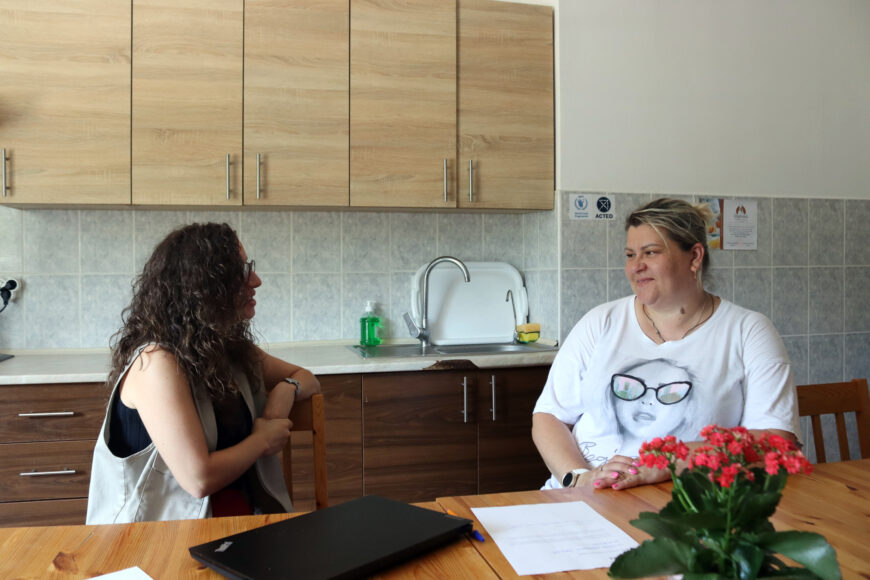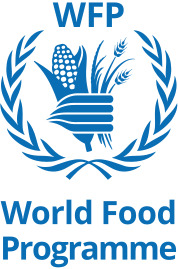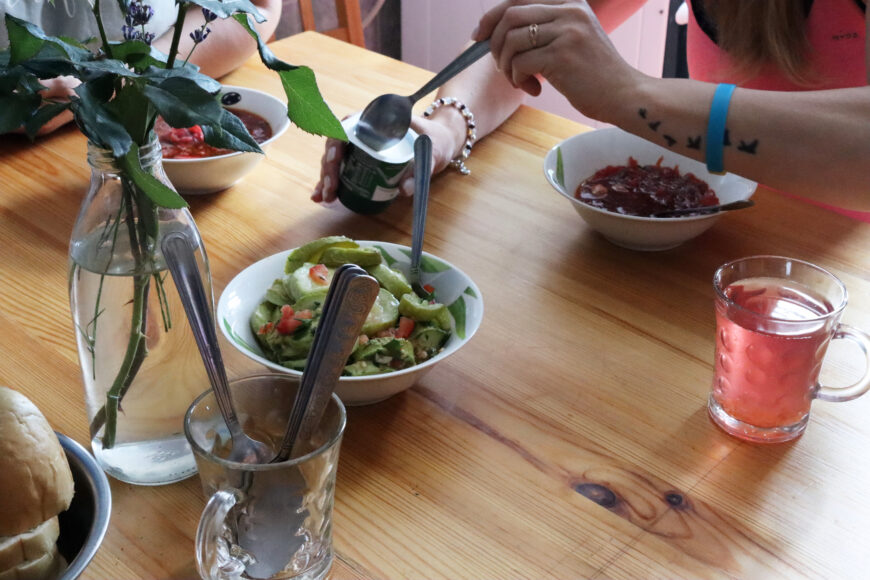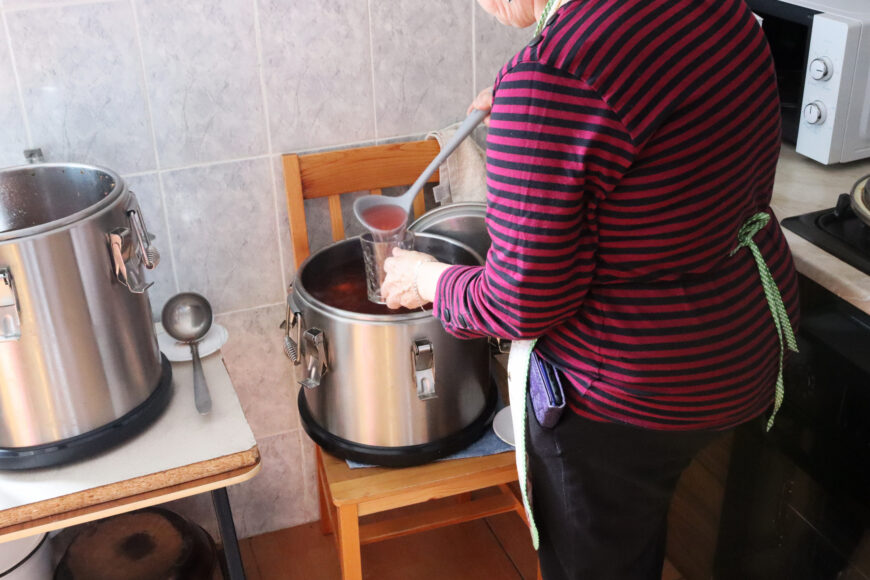It has been sixteen months since the war started in Ukraine. Since then, more than 820,000 people have crossed the border from Ukraine to Moldova seeking safety and refuge. According to the UNHCR, a total of 111,000 Ukrainian refugees and Third Country Nationals (TCNs) were still in the country at the end of June 2023.
As part of the emergency response, Refugee Accommodation Centres (RACs) were established to provide humanitarian assistance to fleeing men, women, and children. People living in RACs generally have no access to cooking facilities and no income source, and either have no savings or are spending it to meet their core basic needs. Hence, Acted, with support from the World Food Program (WFP), provides hot meals in the centres to ensure refugees have access to consistent, nutritious, and diverse meal supply.
The current refugee situation, the COVID-19 pandemic and the energy crisis are adding more pressure on populations in Moldova, a country that is already facing economic and social internal challenges. Therefore, support from humanitarian actors remains important in 2023.
The hot meals programme started in September 2022 and as of May 2023, Acted had served almost 10,000 individuals distributing a total of almost 750,000 hot meals. Since February 2023, Acted, in collaboration with the World Food Programme (WFP), also included a waste management component into the project with the objective to reduce the overall amount of plastic waste and train participants on greening and sustainability. As of June 2023, all catering suppliers Acted works with have switched to reusable food containers, positively improving the service offered and the environmental impact.
Natasha arrived in Moldova with her three children and grandmother over a year ago. Initially, they were hosted by some of her family members but then moved to the RACs because there was not enough space in the house for everyone. The first few months were quite challenging for her as living conditions in the RACs were poor and she did not feel comfortable in the place where they lived. Natasha mentioned that, for instance, there was only one toilet for many floors and the food was of low quality.
After moving between a few RACs, Natasha and her family finally settled in the RAC where we met her, just outside Chisinau. She recalls how hard it was, and still is, to have been forced to leave her country, facing the constant insecurity and longing for their return home. However, in this place, she has found her peace.
It is very quiet here [in the RAC], it feels like we are a big family, everyone supports each other because we understand. You know, when you are alone you can be depressed but when you are with people you can walk in the garden and talk, that helps, you don’t feel so alone.

Overall, Natasha has positive feedback about the RAC where she stays, and she also pointed out how the improvement of the quality of the food distributed made a difference to their lives.
When Acted arrived, the food became better and there was everything you needed, veggies, meat, fruit etc., and you know, if people have specific needs they can ask and it will be provided.
Here residents often eat meals together in the common area and do activities together. The RAC manager organises trips to museums, monasteries, and to other towns in Moldova, as well as cooking classes to learn how to make traditional Moldovan food.
[This] makes us feel better and united, we feel very grateful towards her [RAC manager], Acted, WFP and all other NGOs that supported us since we arrived.
When talking about her children, Natasha worries a lot because, although they attend school and Chisinau offers a serene environment, they miss their home more than anything. “People stay here in Chisinau because it’s close to Ukraine and if things change, they are ready to go back”. Talking about home makes Natasha emotional, “memories are hard”, nevertheless, she lights up while sharing about her hometown, the sea and the nature around it.
Being forcibly displaced has made Natasha and many other’s life more difficult but having found the support and the people who understand their challenges makes a difference in her life.


